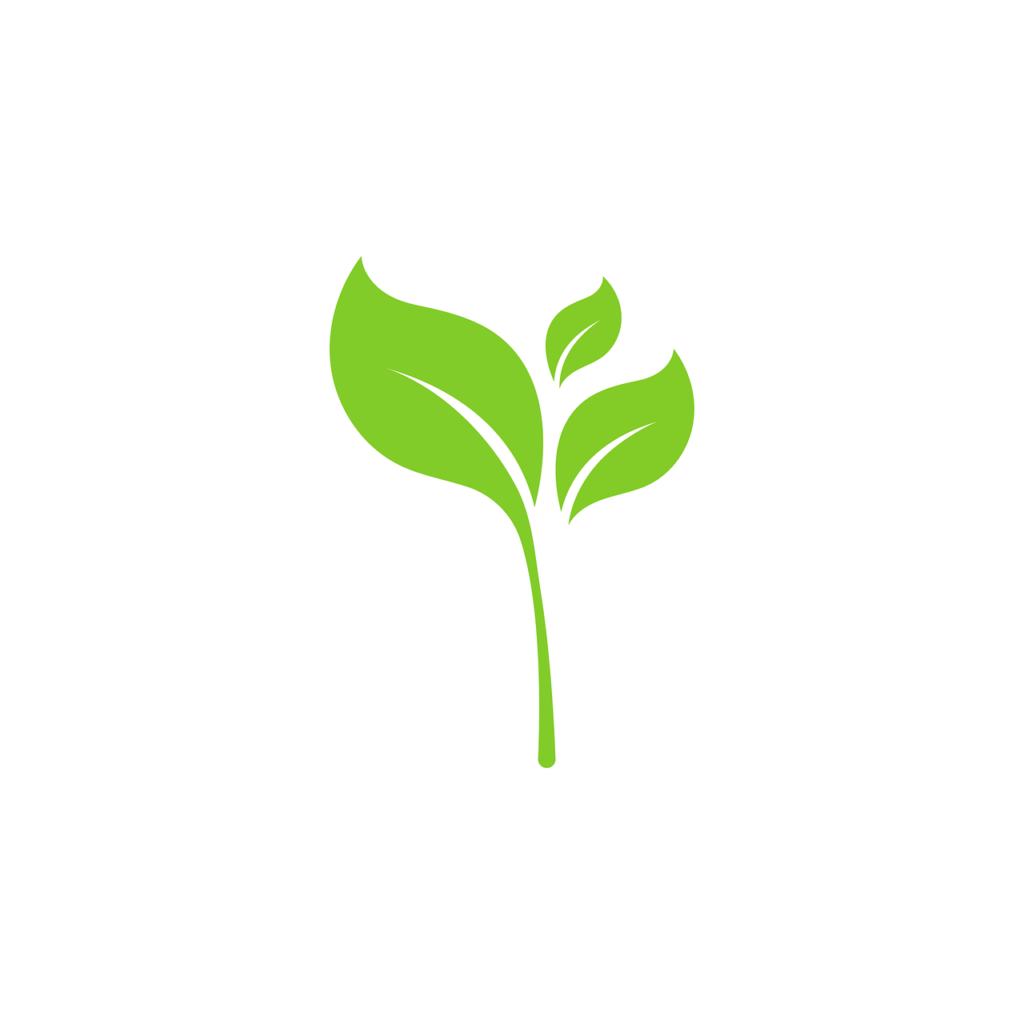Incorporating Eco-friendly Practices in Alligator Farming
Alligator farming has long been a popular and profitable business, with the demand for alligator products steadily increasing. However, the environmental impact of this industry has been a cause for concern. In order to address these concerns and promote sustainable practices, it is crucial for alligator farmers to incorporate eco-friendly methods in their operations. This article explores the importance of implementing such practices, the benefits they can bring to the environment, and the potential economic advantages for farmers. By adopting eco-friendly techniques, alligator farmers can not only contribute to the conservation of natural resources but also ensure the long-term viability and profitability of their businesses.
1. Sustainable Water Management
1.1 Rainwater Harvesting
Incorporating rainwater harvesting techniques in alligator farming can significantly contribute to sustainable water management. By collecting rainwater, you can reduce your dependence on freshwater sources and conserve valuable resources. Implementing systems such as rain barrels or rooftop catchment systems can efficiently capture and store rainwater, which can then be used for irrigation or other farm operations.
1.2 Water Conservation Techniques
To further conserve water in alligator farming, it is essential to adopt efficient water conservation techniques. These methods include minimizing water wastage during cleaning and feeding processes, fixing leaks and ensuring proper maintenance of water storage systems. Additionally, practicing proper water management by monitoring water usage and implementing strategies to reduce consumption can help preserve this valuable resource.
1.3 Proper Irrigation Systems
Choosing the right irrigation systems is crucial for sustainable water management in alligator farming. Drip irrigation and micro-sprinklers are excellent options as they provide targeted watering directly to the roots, minimizing water loss through evaporation. These systems can optimize water usage, enhance crop health, and reduce environmental impact by preventing excessive runoff and erosion.
2. Energy Efficiency
2.1 Use of Renewable Energy Sources
Embracing renewable energy sources, such as solar power or wind energy, can greatly enhance energy efficiency in alligator farming. Installing solar panels or wind turbines can generate clean and sustainable energy to power various farm operations, reducing reliance on conventional energy sources. By utilizing renewable energy, you not only decrease carbon emissions but also lower long-term energy costs.
2.2 Energy-Efficient Machinery
Investing in energy-efficient machinery and equipment is another crucial step towards sustainable alligator farming. Opt for machines with high energy-efficiency ratings and advanced technologies designed to consume less power without compromising performance. Upgrading to energy-efficient pumps, ventilation systems, and temperature control equipment can significantly reduce energy consumption and save operational costs.
2.3 LED Lighting
Replacing traditional lighting with LED (Light Emitting Diode) bulbs is an effective way to improve energy efficiency on alligator farms. LED lights are more energy-efficient and have a longer lifespan compared to conventional bulbs, reducing electricity consumption and maintenance expenses. Additionally, LEDs generate less heat, providing a more comfortable environment for the alligators and minimizing unnecessary energy loss.

This image is property of pixabay.com.
3. Waste Management
3.1 Recycling Programs
Implementing recycling programs on alligator farms can help minimize waste and promote sustainability. Establish separate bins for different waste streams, such as plastics, paper, and organic waste. Properly sort and dispose of these materials through recycling centers or collaborate with local recycling initiatives to ensure proper processing. Recycling not only reduces landfill waste but also conserves resources by enabling materials to be reused or transformed into new products.
3.2 Composting
Composting is an eco-friendly waste management practice that can be beneficial in alligator farming. Through composting, organic waste, such as scraps, manure, and bedding material, can be transformed into nutrient-rich soil amendments. Utilizing compost as fertilizer improves soil quality, reduces the need for synthetic fertilizers, and contributes to the overall health of the ecosystem.
3.3 Hazardous Waste Disposal
Proper disposal of hazardous waste is essential for maintaining a sustainable and safe alligator farming operation. Ensure strict adherence to local regulations for the disposal of chemicals, pesticides, and other pollutants. Partnering with certified waste disposal companies can guarantee the safe and responsible handling of hazardous materials, preventing potential contamination of water sources and wildlife habitats.
4. Habitat Preservation
4.1 Protecting Wetlands
Alligator farming should prioritize the protection and preservation of wetland habitats. Wetlands provide crucial ecosystems that support biodiversity and help regulate water cycles. By implementing measures such as buffer zones and limiting human disturbance, alligator farmers can ensure the long-term health and functioning of wetland ecosystems, benefiting both alligators and other wildlife species.
4.2 Maintaining Natural Vegetation
Preserving and maintaining natural vegetation is vital for sustainable alligator farming. Vegetation acts as a natural buffer, preventing soil erosion, improving water quality, and providing habitat for various organisms. Avoid excessive clearing of vegetation and consider planting native species to enhance biodiversity and ecosystem resilience on the farm.
4.3 Creating Nesting Sites
To support alligator populations and promote habitat preservation, alligator farmers can create nesting sites on their farms. Constructing suitable nesting mounds or platforms simulates natural nesting conditions and encourages alligators to reproduce and thrive. Providing these nesting opportunities can help maintain healthy alligator populations and contribute to the overall preservation of their habitat.

This image is property of pixabay.com.
5. Sustainable Feed
5.1 Organic Feed Options
Choosing organic feed options can contribute to sustainable alligator farming. Organic feed is produced without synthetic fertilizers, pesticides, or genetically modified organisms, minimizing environmental impacts. Additionally, organic feed promotes animal welfare by avoiding the use of antibiotics or growth hormones, ensuring a natural and healthy diet for alligators.
5.2 Locally Sourced Ingredients
Opting for locally sourced feed ingredients reduces the carbon footprint associated with transportation and supports local economies. By selecting ingredients from nearby suppliers, alligator farmers can lower their environmental impact and promote sustainable agricultural practices within their region. Furthermore, using locally sourced ingredients can enhance the overall quality and freshness of the feed, optimizing the health and growth of the alligators.
5.3 Limiting Antibiotic Use
To maintain sustainable alligator farming, it is crucial to limit the use of antibiotics. Overuse of antibiotics can lead to the development of antibiotic-resistant bacteria and pose risks to human health and the environment. Implementing responsible antibiotic management practices, such as regular health monitoring and the use of alternative disease prevention strategies, can help minimize the need for antibiotics and ensure the long-term sustainability of alligator farming.
6. Reduction of Chemical Usage
6.1 Natural Pest Control Methods
Minimizing chemical usage in pest control is essential for sustainable alligator farming. Adopting natural pest control methods, such as biological controls or integrated pest management (IPM), can effectively manage pests while reducing reliance on synthetic pesticides. These methods include introducing natural predators, implementing crop rotation, and monitoring pest populations to minimize the use of harmful chemicals.
6.2 Minimizing Fertilizer Use
Applying fertilizers judiciously and minimizing their use is crucial for sustainable alligator farming. Conducting soil analysis to determine nutrient deficiencies and using targeted fertilization techniques can optimize nutrient uptake and minimize excess fertilizer runoff into water bodies. By reducing fertilizer use, alligator farmers can mitigate water pollution risks and improve the overall health of the ecosystem.
6.3 Environmentally Friendly Cleaning Products
Choosing environmentally friendly cleaning products helps minimize the environmental impact of alligator farming operations. Utilize biodegradable and non-toxic cleaning solutions to ensure water resources remain uncontaminated. These products are formulated to break down naturally and are less harmful to both the aquatic ecosystem and the surrounding environment.

This image is property of pixabay.com.
7. Environmental Monitoring
7.1 Regular Water Quality Testing
Regular water quality testing is crucial for monitoring and maintaining the environmental integrity of alligator farming operations. Test water sources for contaminants such as pollutants, heavy metals, and bacteria regularly to ensure alligators have access to clean and safe water. Timely detection of water quality issues enables farmers to take corrective actions and prevent long-term environmental damage.
7.2 Soil Analysis
Conducting soil analysis provides valuable insights into soil health and nutrient levels, enabling farmers to make informed decisions about fertilization and land management practices. Regular soil testing helps optimize nutrient applications, reduce fertilizer waste, and minimize potential soil erosion and runoff, promoting sustainable alligator farming practices.
7.3 Air Pollution Control Measures
Implementing air pollution control measures in alligator farming contributes to both environmental and animal welfare. Proper ventilation systems can reduce the accumulation of harmful gases, such as ammonia, and prevent respiratory issues in alligators. Regular maintenance and cleaning of ventilation systems ensure optimal air quality and create a healthier environment for alligator populations.
8. Certified Farming Practices
8.1 Compliance with Sustainable Certifications
Alligator farmers should strive to comply with recognized sustainable certifications and standards. These certifications, such as the Global Organic Textile Standard (GOTS) or the Rainforest Alliance certification, provide assurance to customers and stakeholders that the farming practices align with sustainable and ethical principles. Adhering to these certifications improves credibility, promotes transparency, and fosters responsible stewardship.
8.2 Farm Audits
Conducting regular farm audits helps identify areas for improvement and ensures adherence to sustainable farming practices. Internal audits or third-party assessments can provide valuable feedback on environmental performance, identify opportunities for efficiency gains, and ensure alligator farms are following best practices. By continuously evaluating and updating farming practices, farmers can maintain and enhance their sustainable operations.
8.3 Continuous Improvement Initiatives
Embracing continuous improvement initiatives is key to sustainable alligator farming. By actively seeking new technologies, best practices, and research findings, farmers can adapt and improve their operations over time. Engaging in industry forums, collaborating with experts, and participating in sustainable farming networks can foster innovation, knowledge sharing, and drive positive change across the entire sector.
9. Education and Outreach
9.1 Training Farmers on Eco-friendly Practices
Providing training and educational programs to alligator farmers is essential for promoting eco-friendly practices. These programs can cover topics such as sustainable water management, waste management techniques, and responsible farming methods. By equipping farmers with the knowledge and skills to implement sustainable practices, the entire industry can move towards a more environmentally conscious and responsible future.
9.2 Educating Consumers about Sustainable Farming
Raising consumer awareness about sustainable alligator farming is crucial for driving demand and supporting responsible practices. Engage in transparent communication about sustainable farming methods, the ecological benefits, and the positive impacts on animal welfare. Through educational campaigns, social media platforms, and collaborations with retailers, farmers can connect with consumers and foster a greater understanding of the importance of sustainable sourcing.
9.3 Participating in Environmental Awareness Campaigns
Active participation in environmental awareness campaigns demonstrates commitment to sustainable alligator farming. Collaborate with environmental organizations, participate in community events, and support initiatives that promote ecological awareness. By actively engaging with these campaigns, alligator farmers can raise awareness about the importance of sustainable agricultural practices and inspire others to join the movement.
10. Collaboration and Research
10.1 Collaborating with Environmental Organizations
Collaboration with environmental organizations is crucial for advancing sustainable alligator farming practices. Join forces with local and global organizations that specialize in conservation and sustainable agriculture to exchange knowledge, share experiences, and work together on research projects. By collaborating, alligator farmers can contribute to scientific advancements and help shape the future of sustainable farming practices.
10.2 Investing in Research and Development
Investing in research and development is key to promoting innovation and continuous improvement in alligator farming. Support research initiatives focused on developing sustainable farming methods, improving animal welfare, and enhancing environmental conservation efforts. By investing in R&D, alligator farmers can pioneer new technologies, methodologies, and practices that contribute to the long-term sustainability of the industry.
10.3 Sharing Knowledge and Best Practices
Sharing knowledge and best practices within the alligator farming community fosters collaboration and drives positive change across the sector. Participate in industry conferences, workshops, and forums to exchange ideas and experiences with fellow farmers. By openly sharing successes and challenges, alligator farmers can collectively advance sustainable practices, refine existing techniques, and inspire others to adopt more eco-friendly approaches.
Incorporating eco-friendly practices in alligator farming is essential for promoting sustainability, protecting the environment, and ensuring the long-term viability of the industry. By adopting sustainable water management techniques, prioritizing energy efficiency, implementing effective waste management practices, preserving natural habitats, promoting sustainable feed options, reducing chemical usage, monitoring environmental factors, complying with certifications, providing education and outreach, and fostering collaboration and research, alligator farmers can contribute to a more sustainable future for both their operations and the planet as a whole.



